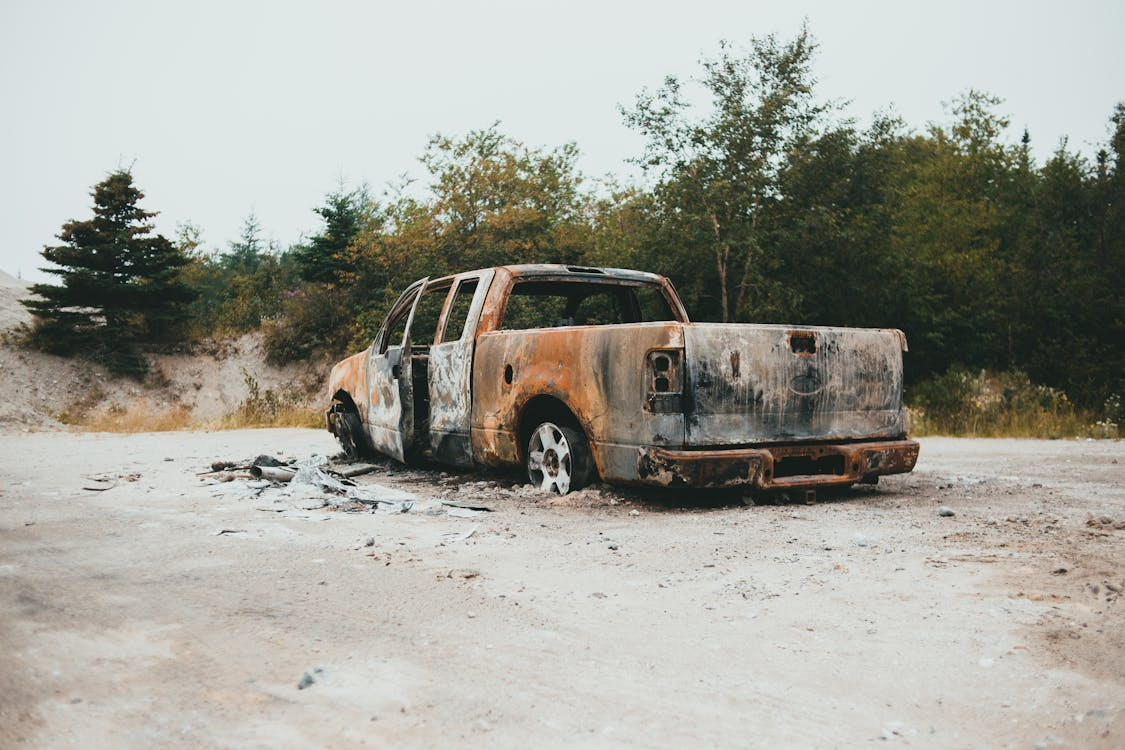Accidents rarely arrive with warning. One moment, the day feels ordinary, and the next, you are standing beside a damaged car with your heart racing. It can feel overwhelming, especially if you have never faced this situation before. In those first minutes and days, knowing what to do helps you regain a sense of calm.
In Houston, many people turn to trusted local resources when things get complicated. Sometimes that means friends and family, other times it means experienced legal professionals who understand how confusing the aftermath can be. Having the right guidance, such as from Domingo Garcia Abogados, is often what helps people move from uncertainty toward recovery.

Photo by Audrius Strikaitis
First Things First: Safety and Health
The first priority after any collision is safety. Check yourself, your passengers, and others involved for injuries. Call emergency services if anyone needs urgent care. Even if you feel fine, it is smart to accept medical evaluation on the spot or schedule a doctor visit later. Some injuries, like whiplash or concussions, may not appear right away.
If the scene is safe, move vehicles to the side of the road to prevent further accidents. Turn on hazard lights and use cones or flares if you have them. Remaining calm during these steps is not always easy, but focusing on safety sets the right tone for everything that follows.
Gather the Right Details
Once everyone is safe, the next step is to document what happened. Collecting details early makes insurance claims smoother and helps avoid disputes later. Some key things to note include:
- Contact and insurance information for the other driver
- Photos of damage to all vehicles and property
- The time, date, and location of the accident
- Weather and road conditions
- Names and contact information of witnesses
Think of it as creating a record for your future self. Weeks later, when the memory of the moment fades, these notes will be invaluable.
When the Insurance Calls Start
Insurance companies move quickly after an accident. You may receive a call within hours. While they play a role in covering losses, remember their goal is to manage costs. Answer their questions honestly, but avoid speculating about fault or injury severity.
It is helpful to review your own policy before speaking with adjusters. Knowing what coverage you have gives you confidence. If the process feels confusing, you are not alone. Many people find these conversations stressful, especially when juggling doctor visits, car repairs, and missed work.
Understanding Your Rights
Every driver has rights after an accident, but many do not realize what they include. For example, you can choose where to repair your car, not just the shop suggested by insurance. You also have the right to seek medical care from providers you trust.
In more complex cases, such as when injuries lead to extended time off work or disputes over fault, legal guidance can make a big difference. Attorneys who focus on accidents help protect your rights while you focus on recovery. They also understand how to negotiate with insurance companies who may be more interested in closing the case than in offering fair compensation.
The Emotional Side of Recovery
Accidents do not just leave dents in cars. They can leave people shaken, anxious, or even fearful of driving again. Acknowledging the emotional side of recovery is just as important as fixing the physical damage.
Some people find relief by talking with friends or family. Others benefit from counseling or mindfulness practices. Small steps, like taking short drives again once you feel ready, help rebuild confidence. Healing is not only about repairs and paperwork, but about regaining peace of mind.
When to Seek Extra Help
Not every accident requires legal involvement. Sometimes repairs and medical bills are handled smoothly. But when things become more complicated, having professional support can change the outcome. Common situations include:
- Disagreements with insurance about coverage or fault
- Injuries that require ongoing treatment
- Lost wages from time off work
- Accidents involving multiple parties
In these moments, reaching out for advice ensures you are not left carrying more than your share of the burden. Experienced professionals in Houston are familiar with the local laws and systems, which helps simplify an already stressful process.
Keeping Perspective
While a crash can feel like it derails everything, most people do find their way back to balance. Cars are repaired, medical care helps recovery, and life slowly returns to normal. The key is taking each step with care—focusing first on safety, then on details, and finally on support when needed.
Remember, accidents may be sudden, but your response can be steady. By keeping calm, leaning on reliable resources, and understanding your rights, you create a clearer path forward.

Photo by Erik Mclean
Final Thoughts
A simple drive turning serious is something no one plans for, yet many people experience it. What matters is how you respond in those critical first minutes and the days that follow. With the right mix of practical steps and emotional support, recovery becomes possible. And if challenges arise that feel too big to manage alone, know that help is out there in your community.







